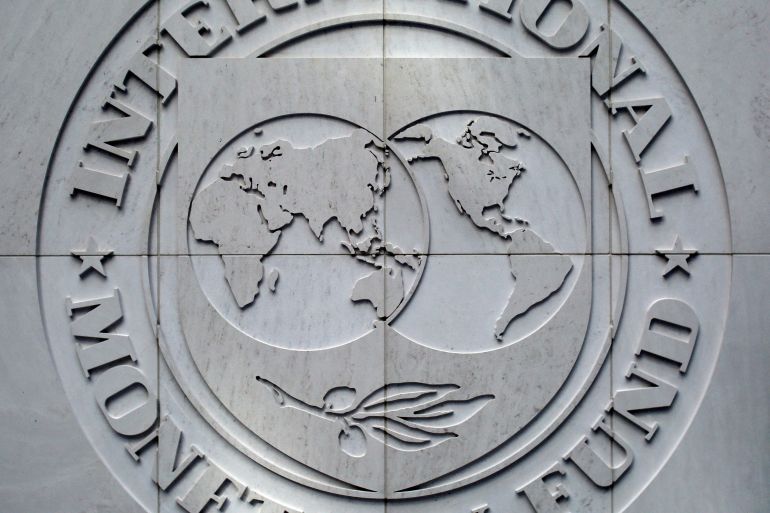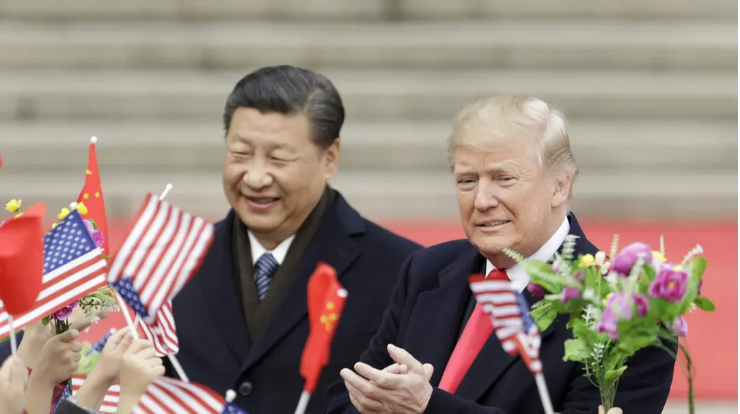IMF Unveils Crypto Plan, Advises Against Legal Tender Status
The International Monetary Fund (IMF) rolled out a nine-point action plan Thursday concerning how countries should deal with crypto assets, stressing that cryptocurrencies such as Bitcoin shouldn't be given legal tender status....

0:00
/0:00
Facts
- The International Monetary Fund (IMF) rolled out a nine-point action plan Thursday concerning how countries should deal with crypto assets, stressing that cryptocurrencies such as Bitcoin shouldn't be given legal tender status.1
- The global bank said that its executive board discussed a paper, titled Elements Of Effective Policies For Crypto Assets, which it said provided 'guidance to IMF member countries on key elements of an appropriate policy response to crypto assets.'2
- While citing several recent crypto exchanges' collapses as reasoning for the new plan, the lender recommended that countries 'safeguard monetary sovereignty and stability by strengthening monetary policy frameworks,' adding that doing nothing was now 'untenable.'1
- The bank had previously criticized El Salvador in late 2021 when the Central American country became the first to adopt Bitcoin as legal tender, a move since imitated by the Central African Republic.3
- Coming as the G20 nations meet in India, the plan also encourages countries to collaborate to improve supervision and enforce regulations, be mindful of excessive capital flows, assume unambiguous tax crypto laws, and develop and implement oversight requirements for all crypto market actors.4
Sources: 1Al Jazeera, 2The straits times, 3Rocketnews and 4Cnbc africa.
Narratives
- Establishment-critical narrative, as provided by Cointelegraph. As is the case with many other technological advancements, this move is simply an attempt by an established global institution to hold onto the little power it still has. As cryptocurrency becomes legitimized by more and more people, the average worker and saver are becoming less reliant on the current system of debt slavery — that's the real reason the IMF recommends against providing legal tender status.
- Pro-establishment narrative, as provided by Imf. As the crypto market continues to prove itself dangerously volatile, governments should be focused not on banning but regulating these digital transactions so that they don't overtake traditional, more stable currencies, which is exactly what the IMF's latest plan seeks to do. As some national economies have already been negatively impacted by the likes of Bitcoin and others, it's time for authorities to promote trust in their own fiat currencies so that citizens don't get hurt by the unregulated global crypto market.






